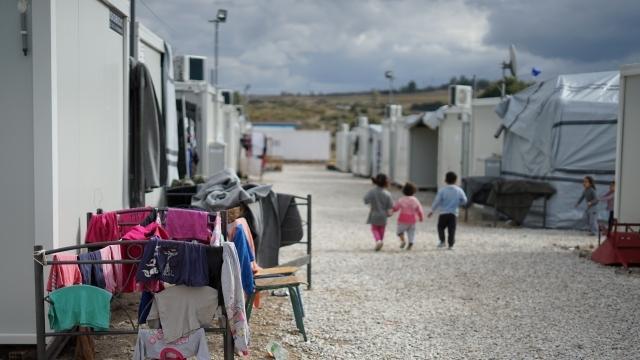
Photo by Julie Ricard on Unsplash
The increasing discussion of international migration is focused almost entirely on voluntary migration, and little attention is given to the reasons, consequences, and potential of forced migration. Yet, forced migration, especially refugees, makes up a significant proportion of international moves, most of it being south-south in nature. According to the UNHCR, the number of forcibly displaced persons in the world surpassed 108 million by the end of 2022. This large-scale population displacement is mainly due to war and conflicts in various regions and countries. A significant number of refugees are also environmental and climate-change driven and have been forced to leave their home, or their country, due to the effects of severe climate events. Given the size and scale of refugees and displaced populations, programmes of demography and population studies should more actively engage in studies of forced migration and promote research and training in the field of migration generally. Training of, and investment in, a new generation of scholars in the study of forced migration will not only lead to the generation of new knowledge, but also to better data collection, increasingly rigorous research methodologies and more evidence-based interpretations concerning forced migrations (Abbasi-Shavazi and Kraly, 2018). Afghanistan has been one of the main refugee-sending countries over the last decades. Implications of the presence of a large number of Afghan refugees and irregular migrants in Iran and other host countries are discussed.
Mohammad Jalal Abbasi-Shavazi is Professor of Demography, University of Tehran, & Honorary Professor, School of Demography, Australian National University. He has had a long association with ANU Demography as PhD student, Postdoctoral Fellow and Future Fellow. He served as the Head of the Department of Demography of the University of Tehran, and was the Director of the Iran National Institute of Population Research, the President of the Asian Population Association, Population Association of Iran, and is a council member of the International Union for the Scientific Study of Population (IUSSP). Abbasi’s research focuses on three main topics: Fertility, International and Refugee Migration, and Muslim Demography. His prize-winning co-authored book (with McDonald and Hosseini-Chavoshi) on Fertility Transition in Iran: Reproduction and Revolution and his co-edited (with Hugo and Kraly) volume on Demography of Refugee and Forced Migration are the outcome of his long-term research in these areas. In recognition of his scientific contributions, Abbasi received several scientific prizes including the 2011 United Nations Population Award, the 2016 Distinguished Researcher of the Year Award in Iran, and the 2021 Distinguished Professor of Education Award, University of Tehran, Iran.
Join Zoom meeting: https://anu.zoom.us/j/89587321433?pwd=MzhpUU1MRnRaNHovL0RTejJMeWpHUT09
Meeting ID: 895 8732 1433 Password: 306745
Join by Skype: https://anu.zoom.us/skype/89587321433
Location
Speakers
- Mohammad Jalal Abbasi-Shavazi
Event Series
Contact
- James O'Donnell